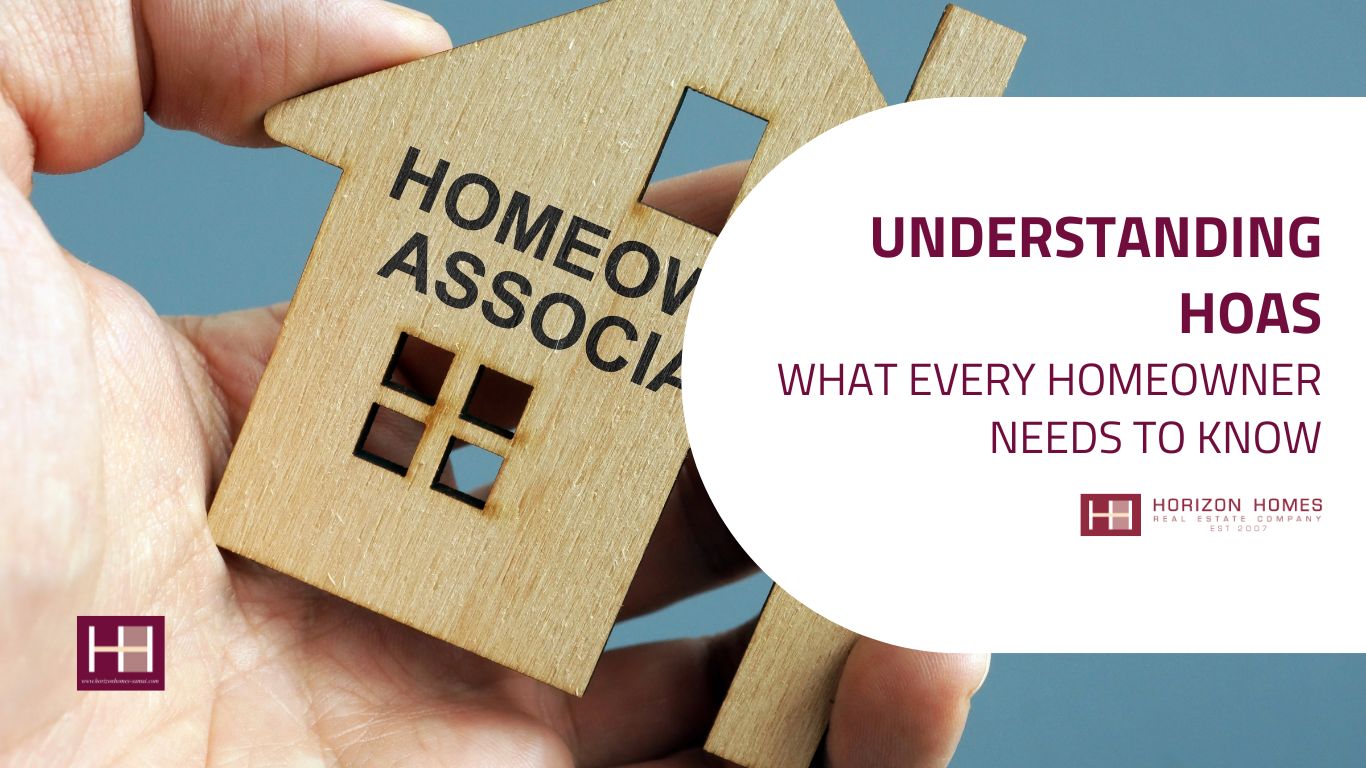Buying a property in Thailand? Meet your new best friend – the HOA (Homeowners Association). When you purchase a condo here, you automatically become part of this organization that keeps your building running smoothly, from maintaining that rooftop pool to ensuring 24/7 security. It’s not just another acronym; it’s your investment’s guardian, managed by a committee of elected property owners who oversee everything from daily operations to long-term planning.
The financial commitment comes in three parts: monthly common area fees (30-80 THB per square meter) for daily operations and basic maintenance, regular maintenance fees for upkeep and repairs, and a one-time sinking fund payment (200-500 THB per square meter) for major future renovations. While these fees might seem like extra costs, they’re actually your insurance policy for maintaining your property’s value and ensuring your slice of paradise stays pristine. Think of it as paying for peace of mind in Thailand’s dynamic property market.
What is an HOA?
An HOA is a nonprofit organization that manages and enforces community standards in neighborhoods, condominiums, and townhome developments. When you buy a property in an HOA-governed area, you automatically become a member. This means paying regular fees, following community rules, and enjoying the perks and responsibilities of HOA-managed living.
Think of a Thai HOA (Homeowners Association) as the invisible force keeping your property investment running like a well-oiled machine. When you buy a condo in Thailand, you’re not just getting keys to your slice of paradise – you’re becoming part of a community-managed organization that ensures your building maintains its charm and functionality.
Breaking Down the Fees (Your Investment Protection Plan)
1. Common Area Fees: The Daily Operations Champion
These monthly fees (ranging from 30-80 THB per square meter) keep your building running smoothly. Here’s what they cover:
Security Services:
- 24/7 guard service
- CCTV monitoring
- Access control systems
- Emergency response protocols
Building Maintenance:
- Common area cleaning
- Landscaping
- Basic repairs
- Staff salaries
Utilities for Shared Spaces:
- Electricity for common areas
- Water systems
- Air conditioning in shared spaces
- Lighting systems
2. Maintenance Fees: The Preventive Care Package
While often bundled with common area fees, these specifically cover:
- Regular equipment servicing
- Minor repairs and replacements
- Pest control services
- Routine inspections
- Professional cleaning services
3. Sinking Fund: Your Building’s Safety Net
This one-time payment (200-500 THB per square meter) is crucial for:
- Major structural repairs
- Building modernization
- Emergency repairs
- Large-scale improvements
How HOAs Work
HOAs are governed by a board of directors—usually residents elected by other homeowners. The board enforces the CC&Rs, handles budgeting and maintenance, and listens to community feedback. Regular meetings allow homeowners to voice concerns, suggest improvements, and even run for board positions if they want a say in neighborhood governance.
The board may also hire a property management company to assist with day-to-day operations, like collecting fees and coordinating maintenance.
Pros and Cons of HOAs
Benefits of HOAs:
| Benefits of HOAs | Description |
| Enhanced Property Values | HOAs maintain consistent standards, helping to keep property values stable. |
| Access to Amenities | Common amenities like pools, parks, clubhouses, and gyms are available, offering perks without the individual upkeep costs. |
| Well-kept Neighborhood | Landscaping and common area upkeep are managed by the HOA, keeping the neighborhood visually appealing. |
| Dispute Mediation | The HOA board can mediate neighbor disputes over issues such as noise or property boundaries. |
Drawbacks of HOAs:
| Drawbacks of HOAs | Description |
| Fees | Monthly fees add an ongoing cost to homeownership and may increase over time. |
| Restrictive Rules | HOAs may prohibit personal touches like bold paint colors or unique yard art. |
| Enforcement | Violations can lead to fines, and in extreme cases, the HOA can place liens on homes for unpaid dues or unresolved rule violations. |
Key Considerations Before Buying into an HOA
If you’re considering a home in an HOA-governed community, make sure to:
- Review the CC&Rs: Familiarize yourself with the rules, from lawn care to pet ownership, to ensure they align with your lifestyle.
- Understand the Fees and Budget: Ask about current dues, possible fee increases, and the community’s financial health.
- Evaluate the Amenities: Decide if the amenities are worth the fees based on your lifestyle and needs.
- Attend an HOA Meeting: Get a feel for community dynamics, board decisions, and any upcoming projects or assessments.
Pro Tips for Thai Property Success
Maximizing Your Investment:
- Stay actively involved in HOA matters
- Keep records of all payments and communications
- Understand your rights and responsibilities
- Build relationships with management and neighbors
Red Flags to Watch For:
- Unusually low fees (might indicate poor maintenance)
- Frequent special assessments
- Lack of transparent financial reporting
- Poor communication from management
Conclusion
Understanding the purpose and function of an HOA is essential for making informed decisions about living in a managed community. From monthly dues to community rules, HOAs aim to balance individual interests with neighborhood standards, fostering a clean, appealing, and well-maintained environment. By attending meetings, engaging with board members, and staying informed, homeowners can maximize the benefits of HOA living, contributing to a vibrant and cohesive community.
If you’re looking for a neighborhood where amenities, aesthetics, and community spirit are priorities, Horizon Homes might be just what you need. Horizon Homes offers a lifestyle where your investment—and your peace of mind—are always top of mind.
FAQs About HOAs
Nonpayment can result in fines, penalties, and possibly a lien on your property.
No, membership is mandatory if you purchase a property within an HOA-governed community.
It’s an additional fee imposed when large, unforeseen expenses arise, like major repairs or upgrades.
Rules can sometimes be amended by the board or through resident votes, but changes often require a majority.
Fees can increase over time to account for rising maintenance costs or new amenities.
Generally, no, unless you use part of your home for business purposes.



